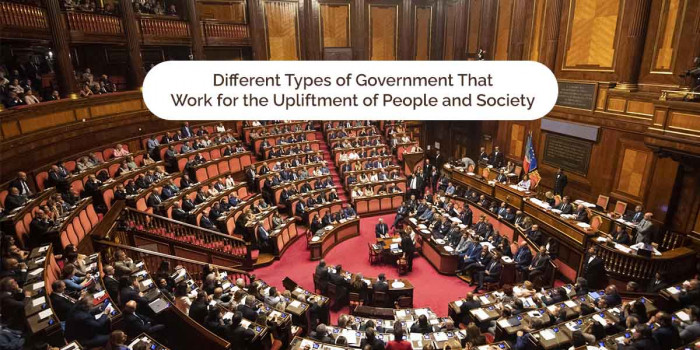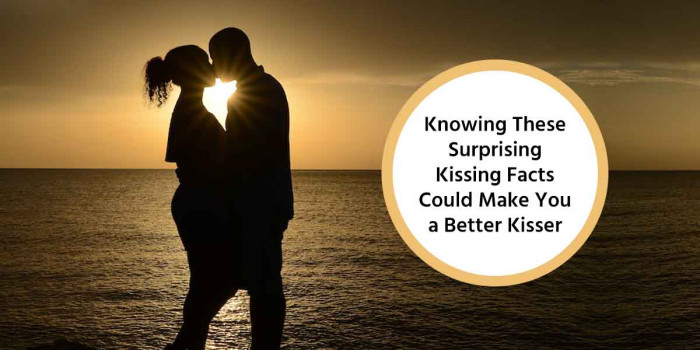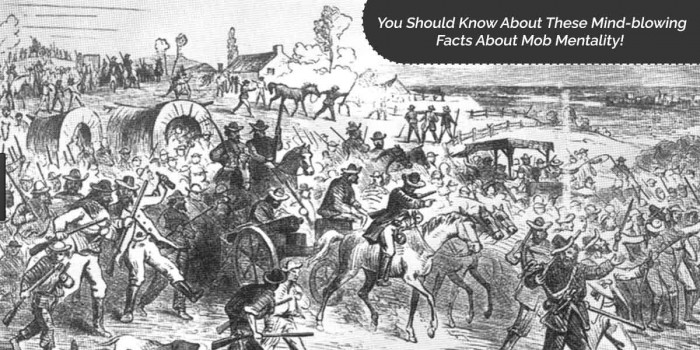15 Types of Government Ruling for the Betterment of the Society & World
Here’s the list of the types of government that are great for human rights, while some have also shown devastating effects.

Democracy stands for all. A government is a group of people that governs the organized community or a state. It consists of legislative, executive, and judiciary. Every government has a kind of constitution that governs laws and philosophy.
You must have heard or read about the state government that controls the state, but do you know there are over 20 types of government? These governments work with different rules and sometimes involve people to make better decisions.
Government plays an important role in making a country prosperous. However, not every government makes the country successful. While some governments have worked great for human rights, others showed catastrophic effects. Let us find out types of government and their rules for people.
1. Exilarchy
Exilarchy is a type of government established for religious or ethnic people and not of a geographical location. The government has power through honorary means and has full control over its followers. In this government, the order is followed by people from around the world. The best example of the Exilarchy government is that of the Dalai Lama.
2. Logocracy
Logocracy is derived from the word logos and govern. The United States is referred to as Logocracy in Washington Irving's 1807 work. The Soviet Union was described as a Logocracy by the American poet, writer, and diplomat Czesław Miłosz. After the revolution, the journalist Luciano Pellicani describes how a language reform plan was initiated by Kisselev.
3. Minarchism
Minarchism is a type of government and a political ideology which maintains that the state’s function is the protection of individuals from aggression. It advocates the reduction of government functions to the minimum scope and provides people with barely bone services like law and security.
Minarchists advocate for a "night-watchman state" that is not responsible for healthcare, employment, and transportation of its citizens. Minarchists argue that the state has no authority to use its monopoly on force to interfere with transactions between people.
4. Ethnocracy
It is a type of structure in which the state is controlled by ethnic groups. It displays a thin democratic facade that covers a more profound structure. It facilitates the ethnicization of the state by the dominant group.
A theory of ethnocratic regimes was developed by geographer Oren Yiftachel during the 1990s. Later, it was developed by international scholars. Ethnocracy is spread around the world. Israel has been considered as Ethnocracy by Alexander Kedar, Haim Yakobi, and others.
Northern Ireland is described as the Ethnocracy by different scholars. Until 1994, South Africa was considered to be an Ethnocratic state structure. Turkey is described as the Ethnocratic by Bilge Azgin.
5. Stratocracy
Stratocracy is a type of government ruled by military chiefs. The branches of government are ruled by military forces. Citizens with voluntary military services have the right to elect to govern. The military’s judiciary is supported by law and society.
Today, several countries like Thailand, Pakistan, Sudan, and Libya are ruled by military or stratocratic dictatorships. In 2014, Libya started its second Civil War. The war happened because two parties want to rule the country. Freedom of speech is also a major issue here. Armed groups can’t speak freely without the fear of attack. Sudan is also a troubled country with a military dictatorship.
The modern equivalent to a stratocracy, the State Peace and Development Council of Myanmar, which ruled from 1997 to 2011, differed from military dictatorships and abolished the civilian constitution and legislature.
6. Ochlocracy
Ochlocracy is the rule of government and the intimidation of legitimate authorities. When the power is in the hands of the mob, they order with the help of violence. The threat of mob rule is restrained by ensuring that the law protects minorities against short-term moral panic.
7. Noocracy
Noocracy, defined by Plato, is a system of government where a decision is taken by philosophers. The idea was expanded by geologists and philosophers. The word is derived from the Greek nous Gen, which translates into mind and intellect.
One of the first attempts to follow this system was Pythagoras (Greek philosopher) city of the wise that he planned to build in Italy together with his followers. According to noocrats, it is not essential to assume that a citizen would have the knowledge to decide on means to achieve their political aims. Political actions require knowledge in economics, international relations, and sociology.
8. Theocracy
Theocracy is a type of government in which a god is recognized as the supreme ruling authority. The laws in this government are made by God but interpreted by religious figures. Theocracy originated from the Greek word θεοκρατίαh, which translates into the rule of God.
The term theocracy was introduced by Flavius Josephus in the first century AD. He described the government of Jesus and argued that humankind had developed different forms of rule. The majority of rules could be submitted under monarchy, democracy, and oligarchy.
In some religions, the ruler or a king was chosen as the favorite of God. Today, there is a type of government where clerics have the power, and the supreme leader couldn’t interfere. Iran is described as a theocratic republic and its constitution as a combination of theocratic and democratic elements.
9. Anarchy
Anarchy is a state of society where there is no government or authority. It is also a set of people that rejects a set of hierarchies. The term was first used in 1539, and it means the absence of government.
Sometimes anarchy can refer to the abolition of traditional forms of government and institutions. It describes a nation or any inhabited place that has no government or rule. It is advocated by anarchists who propose replacing government with voluntary institutions.
10. Despotism
Despotism is a type of government in which a single entity rules with absolute power. The word Despot comes with the word despotes, which means master. The term is used to describe governments throughout history.
In the classical form, despotism is a state in which a single individual manages the power and authority, and other people are subsidiary persons. It has a negative connotation and is characterized by the threat of punishment.
11. Socialism
Socialism is a social and economic philosophy characterized by social ownership of the means of production. Social ownership can be cooperative or of equity. Socialist systems are classified into the market and non-market forms.
It is a form of government in which people own the primary means of production. Some refer to socialism as a strict policy of shared ownership and equal distribution of resources.
12. Tribalism
It is a form of governance in which there is an absence of central authority and regional tribes lay claim to different territories or domains. Tribalism as a way of life has been threatened and in parts of the world by modernity and the imposition of outside authority.
It is the state being organized by tribes and tribal lifestyle. Sometimes, tribalism may also refer to a way of thinking in which people are loyal to their social group above all else. It has a very adaptive effect on human evolution.
13. Totalitarianism
Totalitarianism is a government or political system that restricts individual opposition to the state and its claims. Totalitarians are classified by extensive political repression and a complete lack of democracy.
Other aspects include the usage of concentration camps or state atheism. It was first developed in the 1920s by Weimar jurist and Nazi academic Carl Schmitt. Its regimes are different from other authoritarian regimes.
14. Meritocracy
In this system, economic goods or political power are vested in people based on effort and achievement rather than social class. The concept of meritocracy has existed for centuries. The term was coined by the sociologist Michael Dunlop Young in 1958 in his essay The Rise of Meritocracy.
In the 17th century, the concept of meritocracy spread from China to British and then into continental Europe and the United States. Singapore describes meritocracy as the official guiding principles for domestic public policy formulation. There is a criticism that Singaporean society is increasingly stratified and that a class is being created from a segment of the population.
15. Aristocracy
It is another common type of government that puts the power in the hands of the privileged ruling class. It means the rules of the best but is associated with the rule by royal families. However, it can be combined with other types of government.
In many states, aristocracy includes the upper-class people with heredity ranks and titles. It is common in African societies and involves feudal or legal privileges. The phrase aristokratia was first used in Athens.
From the ancient Greeks, the term was passed to the European Middle Ages for a hereditary class of military leaders. Officially Aristocracy does not exist today, but the French mobility continues to endure and thrive in the 21st century. Aristocrats enjoy both socio and economic prestige and political power.
Do you know other types of government that take important decisions for people? If yes, then share their facts and important details below.
Popular Posts
20 Most Powerful Goddess Names In Mythological World
From Gaia to Kali; every goddess in mythologies have a prominent role to create or restore the balance in nature and the universe.
Kimberly Campbell
21 Gods & Goddesses of Destruction, Death & Underworld
This list showcases the Gods of death, the Underworld, and destruction: from the Egyptian God of Death- Anubis, who was recognized as a man with a jackal head, to the Hindu God of Death- “Yama,” who took the records of each person’s death. But Thanatos was the personified spirit of non-violent death.
Rupesh Chhabra
14 of the Renowned Gods and Goddess of Healing & Medicine
No wonder, the God of healing and magical tradition allied to it, never failed to surprise people especially in ancient times. Let’s discover some of God and Goddess of healing and their amazing contribution.
Rupesh Chhabra








